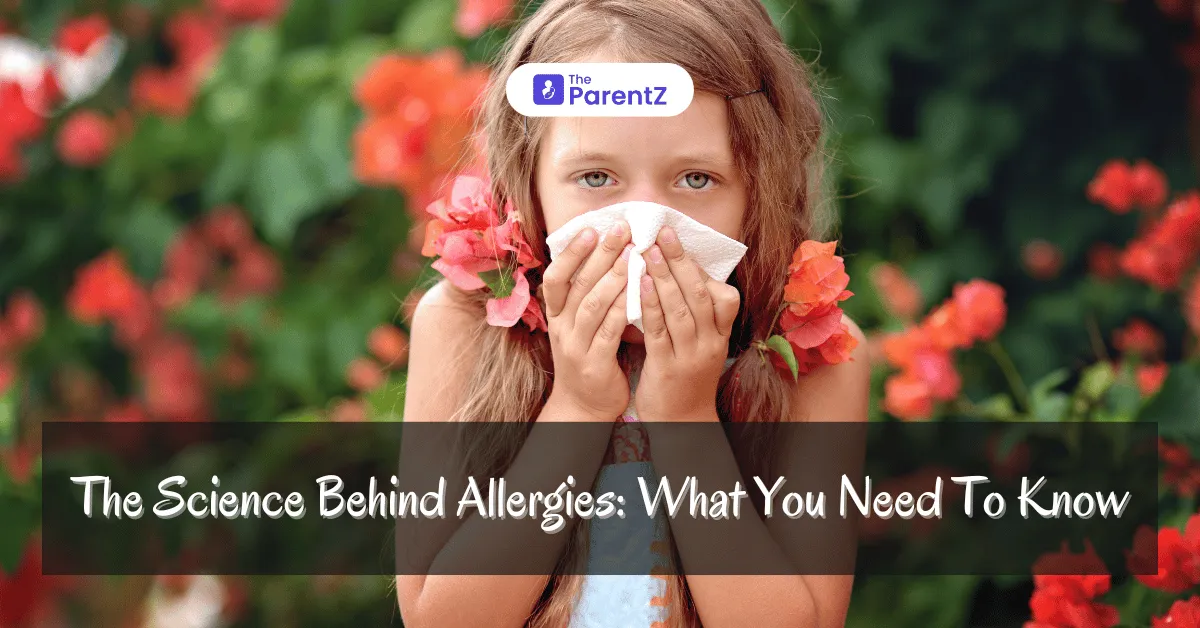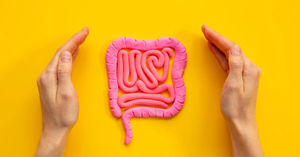Allergies are basically your body’s way of alarming you against something potentially wrong. Allergies impact millions of people worldwide—from uncontrollable sneezes due to dust or breaking into hives after eating peanuts. Did you know over 400 million people suffer from allergic rhinitis, also called hay fever, globally, and nearly 220 million people? Are affected by food allergies worldwide. So why does your immune system actually overreact to harmless substances? Read this article to find out about the science behind allergies.
What Are Allergies?
An allergy occurs when your immune system misinterprets a harmless substance, such as pollen and peanuts. These substances are known as allergens, which trigger the production of immunoglobulin E (IgE) antibodies. Further, these antibodies prompt cells to release histamines and other chemicals, causing symptoms including sneezing, itching, and swelling.
Why Do Allergies Actually Happen?
Although the exact cause of allergies is yet unknown, some of the potential causes include
Genetics
If parents have allergies, there's a high chance that the kids might experience it too.
Environmental Triggers
Pollution, diet changes, and urban living are significantly increasing exposure to the allergens.
Hygiene Hypothesis
Sometimes, growing up in overly clean environments may confuse the immune system, resulting in your body overreacting to harmless substances.
Common Allergens You Need to Know About
Some of the common allergens that possibly trigger allergies in your body include
Food Allergens
Milk, eggs, peanuts, shellfish, and wheat
Environmental Allergens
Pollen, mold spores, dust mites, and pet dander.
Insect Stings
Bees, wasps, and ants
Medications
Penicillin, ibuprofen
What Actually Happens During An Allergic Reaction?
So how do allergic reactions actually happen when exposed to an allergen? When your body is exposed to an allergen, your body releases histamines. These chemicals cause inflammation and irritation, which leads to symptoms including
- Sneezing
- a runny nose
- Swelling
- Appearance of hives
- Itchy eyes and throat
Best Tips to Manage Allergic Reactions
Though there’s no complete cure for allergies, their symptoms can effectively be managed with proper care.
Avoid Triggers
The best way to reduce allergic responses is to eliminate your exposure to specific allergens and use air purifiers and dehumidifiers.
Medications
Medications such as antihistamines and corticosteroids also help ease symptoms.
Immunotherapy
Allergy shots also play an effective role in gradually reducing sensitivity to allergens.
Takeaway
The symptoms of allergies can range from mild to life-threatening, such as anaphylaxis. Therefore, it becomes important to know the exact science behind how allergens trigger such responses in the body. After all, with the staggering figures of the number of people affected, it becomes even more important to have a good understanding of the science behind allergies.








Be the first one to comment on this story.